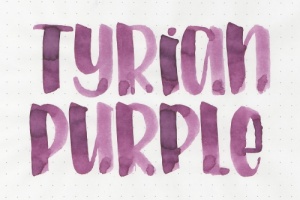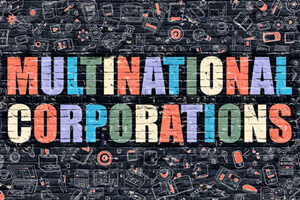Hello and welcome back to the Skills 360 podcast. I’m your host, Tim Simmons, and today we’re going to look at advanced interview skills for interviewing and hiring the best staff.
Most of us can produce a list of common interview questions, but how many of us can consistently ensure that we’re hiring the right people? If interviewing and hiring new staff were easy, then we’d always have the perfect combination of employees to maximize business success.
Unfortunately, that’s not always the case. Every company has employees who aren’t a great match. And this costs us opportunities, money, and time. It also creates unnecessary friction at the workplace, as we try our best to shape someone who may not be a good fit.
And “fit” is a great place to start in discussing interviews. Of course, we’re looking for someone with the right skills and experience. But that can only take someone so far. An ideal candidate also has to be a good cultural fit. And that means they align with our company’s beliefs, its mission, and its style of working.
If yours is a highly collaborative workplace, then ask questions that relate to collaboration. If you value hard work, then ask about times the candidate went above and beyond. Or if you want a general sense of fit, simply ask something like “Can you describe a workplace where you have felt most comfortable? And why?” If the person goes on about something completely different from your workplace, then maybe the fit just isn’t there.

This idea of fit is closely related to values. Your company and workplace has dominant values, regardless of whether they’re listed on your website. A good job candidate doesn’t have to have the same set of values, but they have to be at least compatible. And if you get a sense of their values, you may be able to understand how they’ll get along on your team.
To assess values, ask open-ended questions that uncover fundamental beliefs. Ask what motivates them and what they find fulfilling. Ask them what the most important thing to them is besides money. And remember you don’t want everyone on your team to have the same answers to these questions. Diversity is a strength, if your team has the base level of trust and respect to make diversity work.
In many cases, it’s candidates’ soft skills that set them apart from each other. It’s not too hard to find a bunch of programmers or accountants with the right credentials. But which ones have the ability to communicate and cooperate on a team? Which ones can shine when the going gets tough? Which ones can work their way through conflict with a colleague when they disagree?
To assess these skills, you can ask for real-life examples. Ask about specific instances of resolving a conflict or communicating through challenges. And during the entire interview, make notes about the person’s ability to communicate. Are they clear? Do they have the right tone? Are they confident? Do they focus on the question you’ve asked, or run off on tangents? These are all helpful indicators.
Of course, if you want to get to know someone, you need them to feel comfortable being themselves. So good interviewers know how to establish rapport, right from the get-go. You want to ease the candidate’s nerves, while maintaining a degree of professionalism.
This doesn’t mean using overly casual small talk. In fact, it can be difficult to stay mindful of legal boundaries while engaging in small talk. Obviously, you’re not going to ask about religion, but everyday topics like family, health, and living situation are also no-gos in interviews. So stick to job-relevant topics. Ask about what sparked the person’s interest in the role. Or what motivated them to go into the field in the first place.
And be careful not to equate rapport or ease of conversation with suitability. As I mentioned, diversity is a strength. And if you just hire people you find easy to talk to, you won’t get that diversity. You’ll just get several different versions of yourself. You can avoid some of this bias by making sure you have a diverse hiring panel. This will give you different perspectives on each candidate.
There are other ways to reduce bias as well. You can use blind screening, where you remove names, photos, addresses and other personal information from applications or resumes. You can also ensure that your interview questions are consistent across different interviews and use a scoring system. Ultimately, you want the best candidate, not just the candidate who’s good at being interviewed by you in particular.
So as you can see, there’s a lot more to an effective interview than firing off a bunch of standard skills and experience questions. And it’s not just about who you feel an affinity with. Through the interview, you’re trying to find real evidence of a positive cultural fit, including values, and a person’s soft skills. And to do this, you need to build rapport and check your biases.
That’s all for today. So long. And see you again soon!














